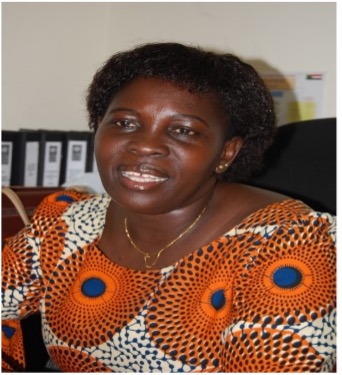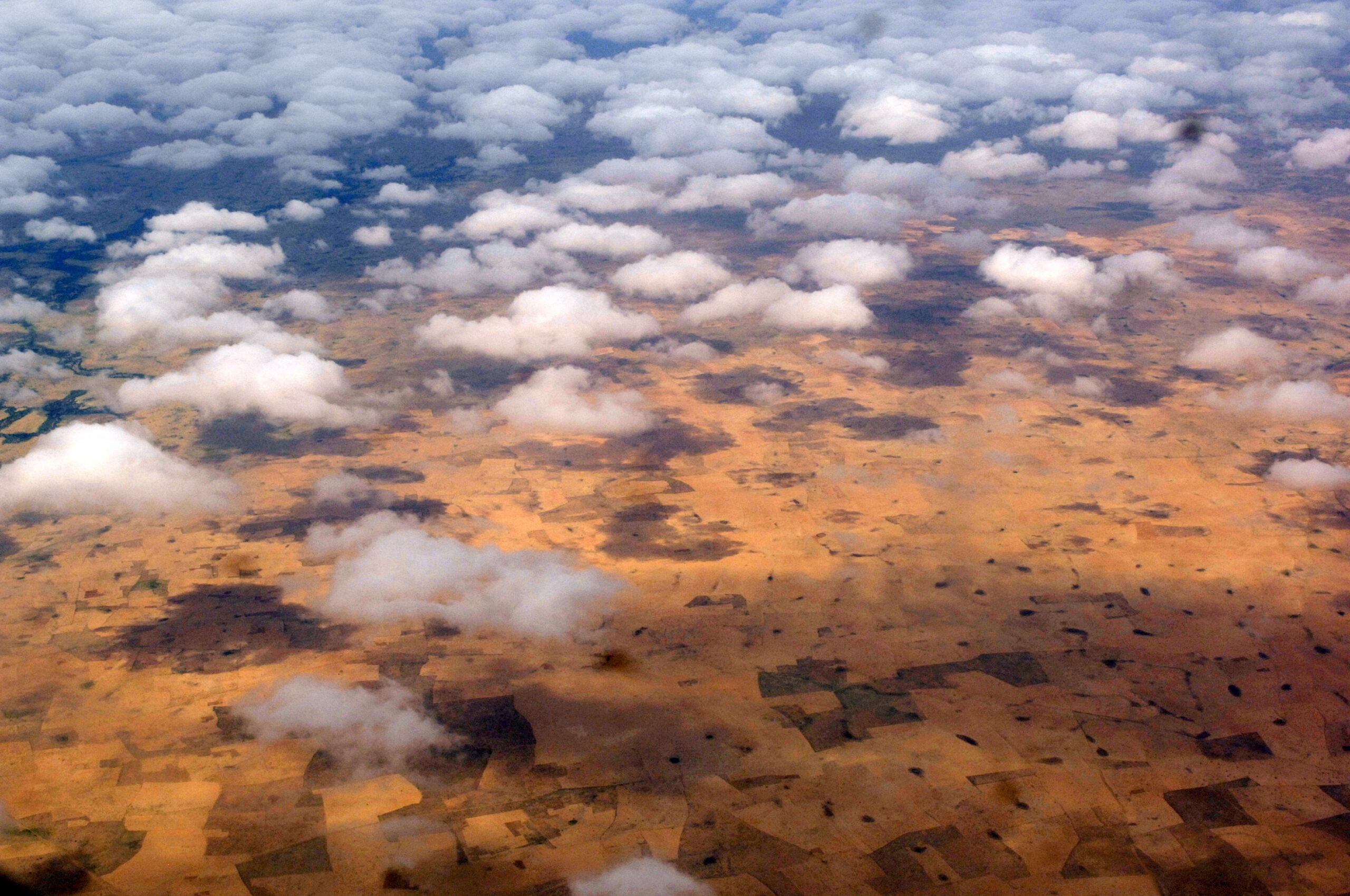by Lona James Luduro Elia
This essay was selected for publication as part of the War Prevention Initiative’s Essay Un-contest on Peaceful Elections.
As a young woman born in Yei who grew up in Juba, South Sudan, I have witnessed first-hand the tumultuous journey of my country’s quest for democracy. The upcoming elections in 2024 fill me with both hope and trepidation. Through my work with local peace organizations, I’ve seen the power of community-led initiatives in preventing election violence, but I’ve also experienced the fear and uncertainty that permeate our electoral process.
I remember vividly the day in 2013 when political tensions erupted into violence in Juba. As gunfire echoed through the streets, my family and I huddled in our home, uncertain if we would survive the night. The conflict, which began as a power struggle between political leaders, quickly took on ethnic dimensions. As a member of the Bari-speaking community, I suddenly found myself viewed with suspicion by some of my Nuer and Dinka neighbors, people I had grown up alongside, associated and interacted with, and considered friends.
This experience shook my faith in our young democracy. For months afterward, I was hesitant to engage in any political activities, fearing that expressing my views might make me a target. Many in my community shared this fear, leading to a palpable sense of disengagement from the political process.
The role of security forces during this time was complex. While some units worked to protect civilians, others were perceived as taking sides in the conflict. This eroded trust in institutions that should have been safeguarding the democratic process. I remember feeling a deep sense of betrayal when I heard reports of security forces participating in ethnically targeted violence.
However, it was in the aftermath of this violence that I found my calling. In 2015, I joined a local peacebuilding organization that focused on fostering dialogue between different ethnic communities. Our “Peace Circles” initiative brought together people from various backgrounds to share their experiences, fears, and hopes for the future.
Initially, these meetings were tense. Trust had been severely damaged by the conflict, and many participants were skeptical about the possibility of reconciliation. But as we continued to meet, share meals, and engage in honest conversations, something remarkable began to happen. People started to see beyond ethnic labels and recognize our shared humanity and common desires for peace and prosperity.
In anticipation of the December 2024 general elections, one of our most successful projects has been the formation of inter-ethnic election monitoring teams. By bringing together young people from different communities in preparation to observe and report on electoral processes, we are not only enhancing transparency but also building trust across ethnic lines. I’ll never forget the words of one Nuer participant: “Before this, I wouldn’t have trusted a Bari to count my vote. Now, I see that we all want the same thing – a fair election and a peaceful future.”
These efforts have not been without challenges. Limited resources often constrain our ability to reach more remote areas. Additionally, some political leaders view our work with suspicion, fearing that inter-ethnic cooperation might undermine their power base. We’ve had to navigate these sensitivities carefully, always emphasizing that our goal is not to support any particular political outcome, but to ensure that all South Sudanese can participate in the democratic process without fear.
As we approach the 2024 elections, my greatest concern is the potential for political rhetoric to reignite ethnic tensions. The wounds of past conflicts are still fresh, and there’s a real risk that unscrupulous leaders might exploit these divides for political gain. I worry about the safety of my family and community members, especially those in more volatile regions of the country.
To address these concerns, I believe we need to redouble our efforts at the community level. Our experience has shown that when people have the opportunity to engage in meaningful dialogue and cooperation across ethnic lines, they become more resistant to divisive rhetoric. I’m currently working on expanding our youth civic education program, using performing arts and social media to reach young people who might otherwise be vulnerable to manipulation.
For those from outside of South Sudan who wish to help, I would encourage them to support local peacebuilding initiatives in South Sudan. International attention and resources can amplify the work we’re doing on the ground. However, it’s crucial that any external support respects local leadership and understanding of the context. Some of our most successful initiatives have come from adapting traditional conflict resolution mechanisms to address modern political challenges. For instance, we’ve adapted the traditional ‘Gurtong’ peace-making process, typically used to resolve conflicts between families or clans, to facilitate dialogue between political parties. This involves respected elders from various communities mediating discussions, which has helped reduce tensions during campaign periods.
As I look towards the future, I remain cautiously optimistic. The path to peaceful, democratic elections in South Sudan is undoubtedly challenging—but I’ve seen first-hand the resilience and desire for peace that exists in our communities. By continuing to build bridges across ethnic and political divides, fostering youth engagement, and strengthening local peacebuilding initiatives, I believe we can create a future where all South Sudanese can exercise their right to vote without fear.
Our journey is far from over, but with each conversation, each inter-ethnic collaboration, and each peaceful resolution of conflict, we move closer to realizing the promise of democracy that inspired our struggle for independence. It is my hope that by sharing our experiences and the lessons we’ve learned, we can inspire others facing similar challenges around the world. Together, we can build a global community committed to peaceful democratic participation, transcending the boundaries of nation, ethnicity, and political affiliation.
Author

Ms. Lona James Luduro Elia is a prominent South Sudanese expert in gender, peace, and security, currently serving as the Deputy Chairperson of the South Sudan Political Parties Council. Throughout her career, Ms. Lona has made significant contributions to women’s empowerment, conflict resolution, and sustainable development in South Sudan and the broader East Africa region. Her extensive experience includes roles as a lead consultant, facilitator, and trainer with organizations such as ACROSS, UNICEF, Oxfam GB, NPA, UNDP, UN Women, Africa Development Bank, the World Bank and UNIDO. While working with Oxfam GB as the Peace Building and Conflict Management Programme Coordinator in 2003, she was nominated as the Local Partner for Women Waging Peace at the Kennedy School of Government and Hunt Alternatives Global Women Peace Movement. She has a rich academic background with an MA in Poverity Reduction, Conflict and Reconstruction from the University of Manchester and ongoing PhD studies at the Institute of Peace and Security Studies, University of Juba.
Cover photo credit: United Nations Photo via flickr.

